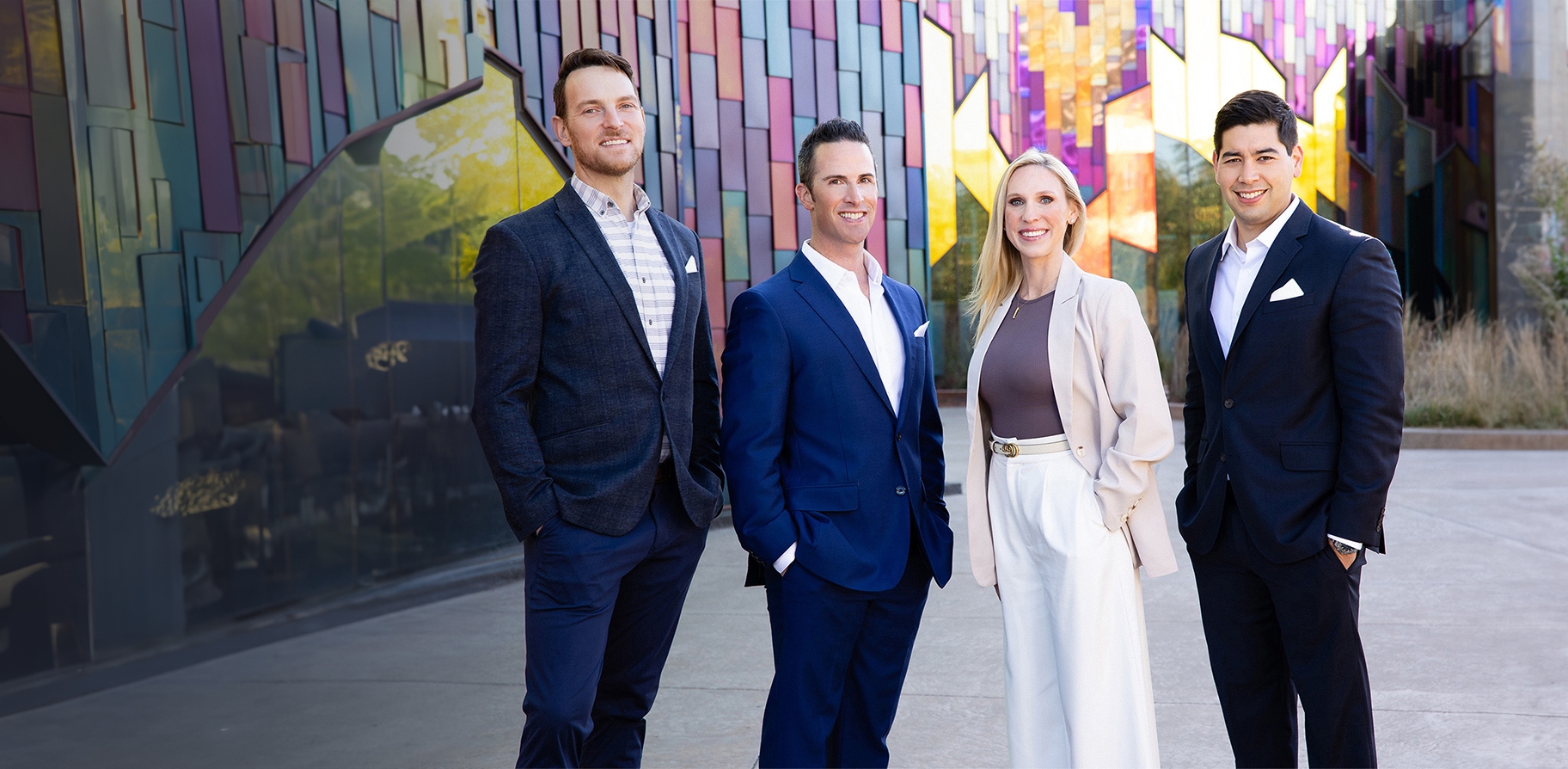
1. What is a rhinoplasty?
A rhinoplasty, also known as a “nose-job” is a surgical procedure involved in making changes to the nose, enhancing its appearance, improving its function, or a combination of both.
2. Is a rhinoplasty the same thing as a septoplasty?
No, a septoplasty is a different type of procedure involved in straightening the inside of the nose to improve breathing. While this is often performed as part of a rhinoplasty, it is important to note that a septoplasty alone does not change the appearance of the nose.
3. What is the recovery like?
The recovery after rhinoplasty involves bruising, swelling, and some nasal congestion that lasts 2-3 weeks. Significant pain is uncommon, and most patients only require about 2-3 days of stronger pain medication before switching to Tylenol alone. Most swelling resolves within 2-3 months, though final results are typically seen after about 1 year, with a continued decrease in swelling over that time.
4. What are the risks associated with rhinoplasty?
As with any surgery, risks involved include infection, bleeding, and scarring. Specific risks involved with rhinoplasty include nasal obstruction, septal perforation, numbness to the nasal skin, unexpected asymmetries, or inability to achieve desired cosmetic results.
5. Will rhinoplasty affect my breathing?
Functional rhinoplasty aims to improve nasal breathing. Even in cosmetic rhinoplasty, nasal breathing is a key consideration, and our goal is to avoid any negative impact on nasal function. We emphasize the importance of both form AND function with rhinoplasty.
6. How long do results last?
Results after rhinoplasty are typically life-long, emphasizing the importance of careful consideration and selection of a skilled rhinoplasty surgeon.
7. How do I choose the right surgeon for rhinoplasty?
Choosing your rhinoplasty surgeon involves consideration of several factors, with their level of training being paramount. To ensure high level of expertise, look for a fellowship trained plastic surgeon. Most well-trained surgeons are proud of their qualifications, which should be easily accessible. Proceed with caution if you cannot easily determine their training or credentials.
Equally important is feeling understood and supported by your surgeon. This is an important relationship and should feel like you are both working towards a shared goal. Building this rapport may require multiple visits or seeking second opinions, something that is typically well understood by most reasonable surgeons.
8. Can a rhinoplasty be combined with other procedures?
The short answer is yes. However, it depends on the length of these additional procedures. A rhinoplasty can easily be combined with chin augmentation, brow lift, or blepharoplasty. However, longer procedures like facelift require careful consideration due to increased anesthesia time.
9. Will a rhinoplasty change my facial appearance significantly?
The nose is essentially framed by the rest of the face and, as such, any changes with a rhinoplasty can affect the appearance of the face. It is important that any changes during rhinoplasty are tailored to the individual’s unique facial features to ensure balance and harmony. Personalized photo simulations are important to help patients visualize these changes.
10. Am I a candidate for a rhinoplasty?
The ideal rhinoplasty patient is someone who has considered surgery carefully and has reasonable goals and expectations. As mentioned, these changes are expected to be life-long, and it is important to give thoughtful consideration before deciding to proceed with rhinoplasty.
Pre-existing medical conditions should be optimized as much as possible and lifestyle factors like smoking or excessive alcohol use should be avoided for optimal outcomes.

